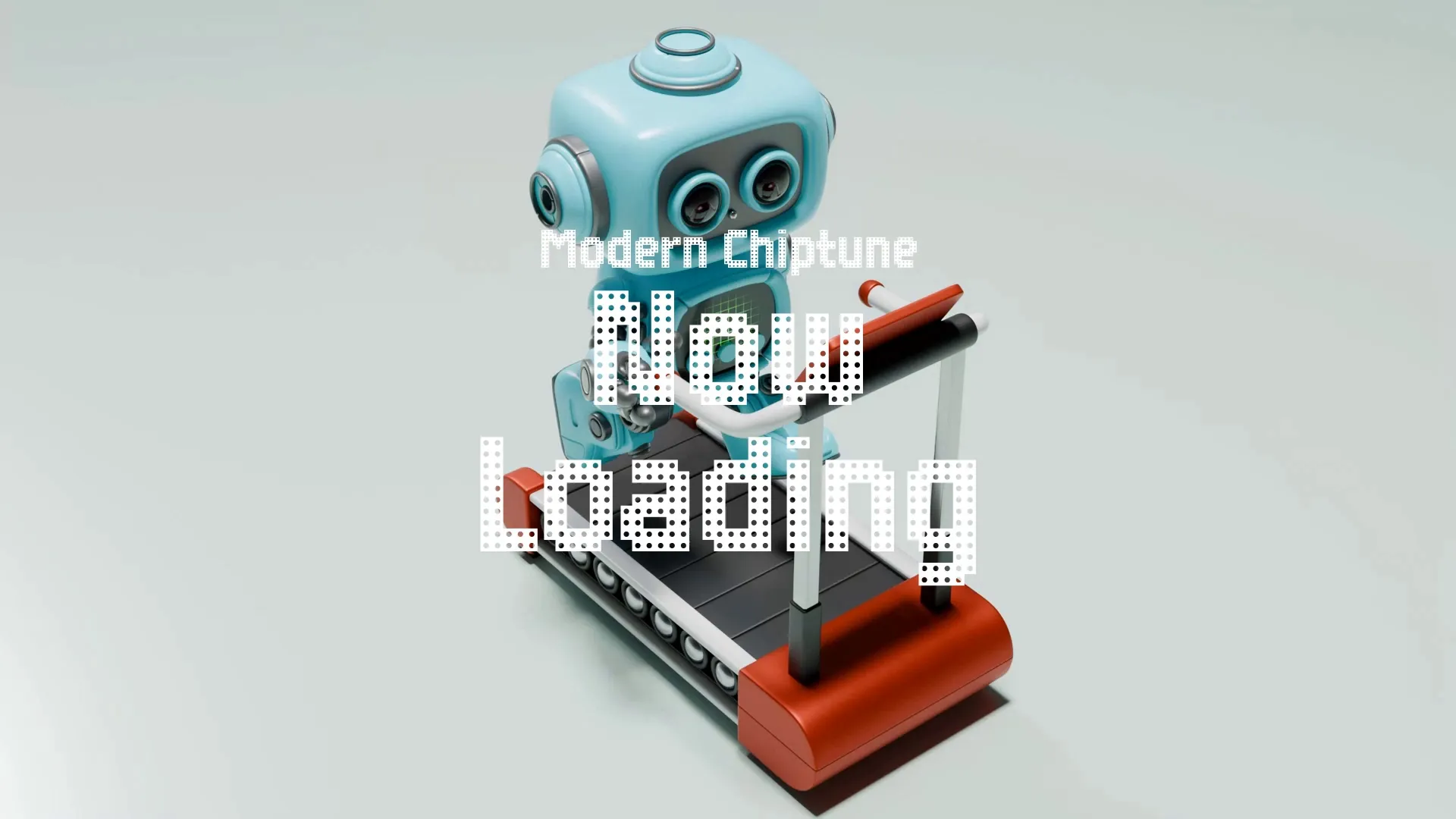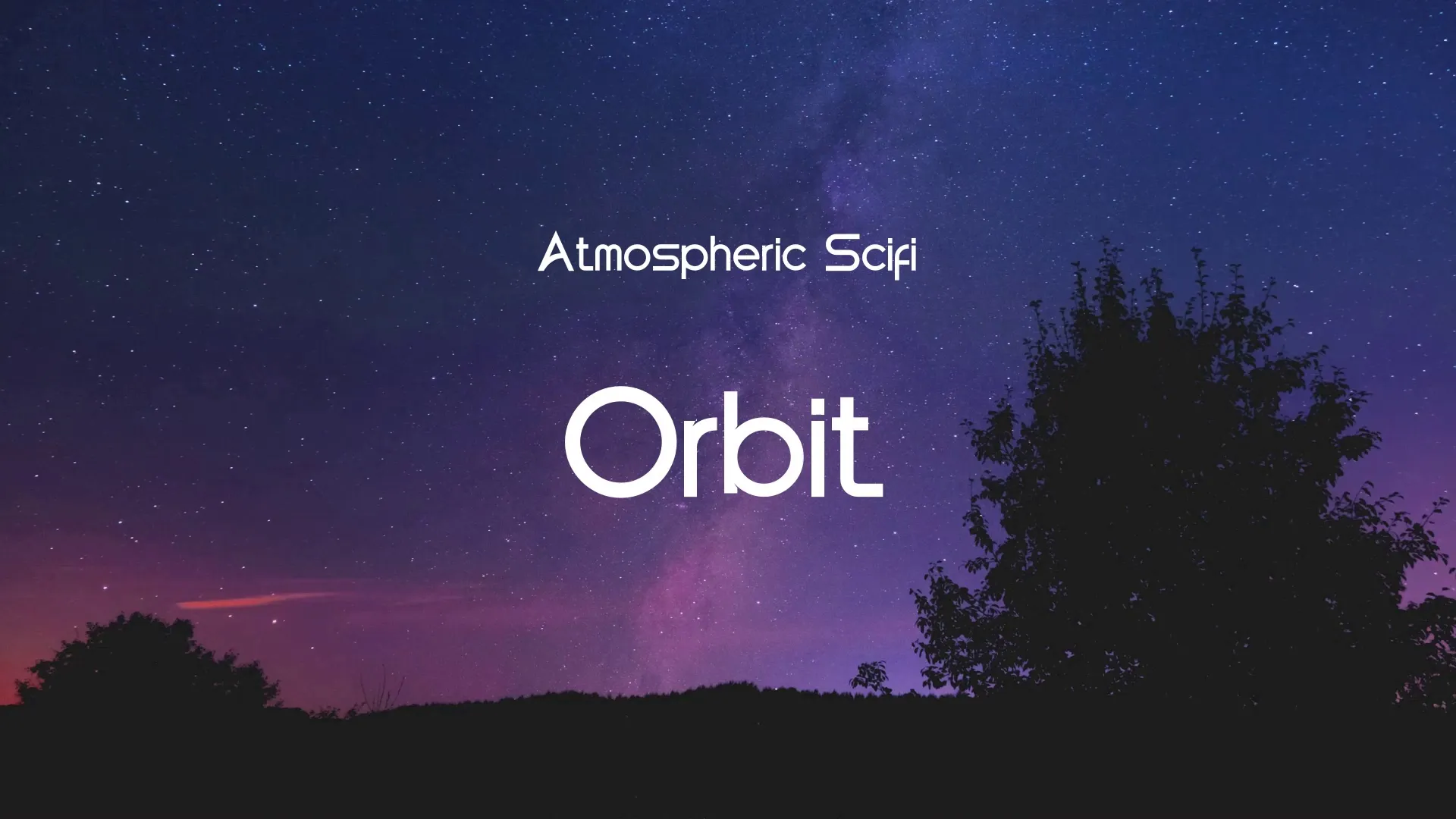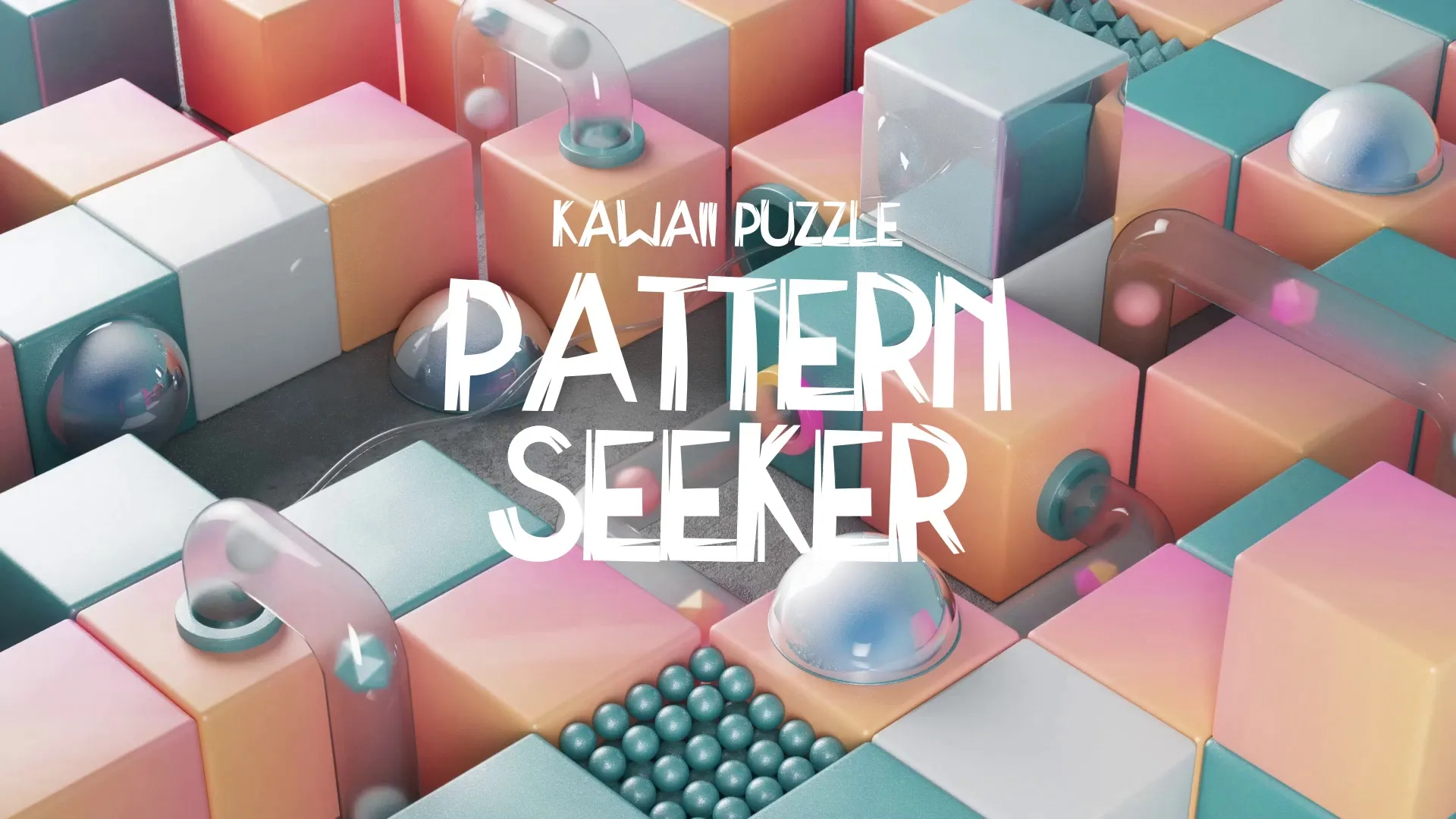Mastering Game Project Planning: Tools & Strategies for Long-Term Progress
Game development is a marathon, not a sprint. Maintaining consistent progress over months or even years demands robust project planning and disciplined execution.
Without a clear roadmap and effective tools, even the most promising game ideas can falter.
The Foundation: Choosing Your Planning Tools
Effective project planning starts with the right software. Generic task managers often fall short for the unique complexities of game development.
Specialized tools designed for creative and iterative processes are essential.
Consider platforms that allow for flexible task organization, dependency tracking, and visual progress representation.
Wayline’s Momentum is specifically built to keep game projects moving forward, helping you organize tasks and track progress at every stage.
Look for features like Kanban boards, Gantt charts, and customizable workflows to adapt to your team’s specific needs.
These tools help visualize bottlenecks and allocate resources more effectively.
Measuring Velocity: Understanding Your Development Pace
Knowing your development velocity is crucial for realistic long-term planning. Velocity measures the amount of work your team can complete within a fixed period.
Start by breaking down your project into manageable, estimable tasks.
Track the completion rate of these tasks over several iterations or sprints.
This data provides a baseline for predicting future progress and setting achievable milestones.
Regularly review your velocity to identify areas for improvement or to adjust your project timeline.
Create a free account, or log in.
Gain access to free articles, game development tools, and game assets.




.webp)
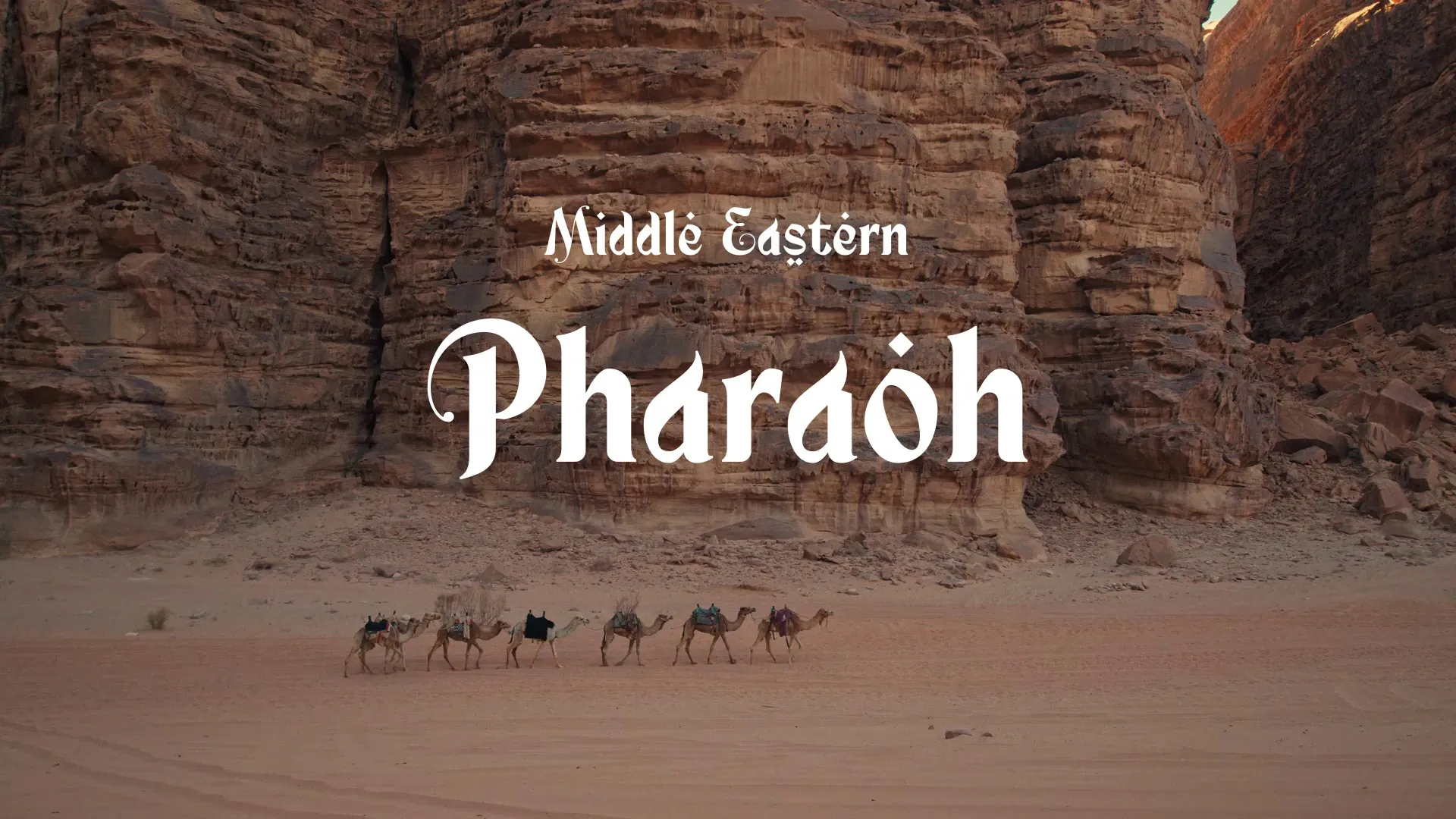




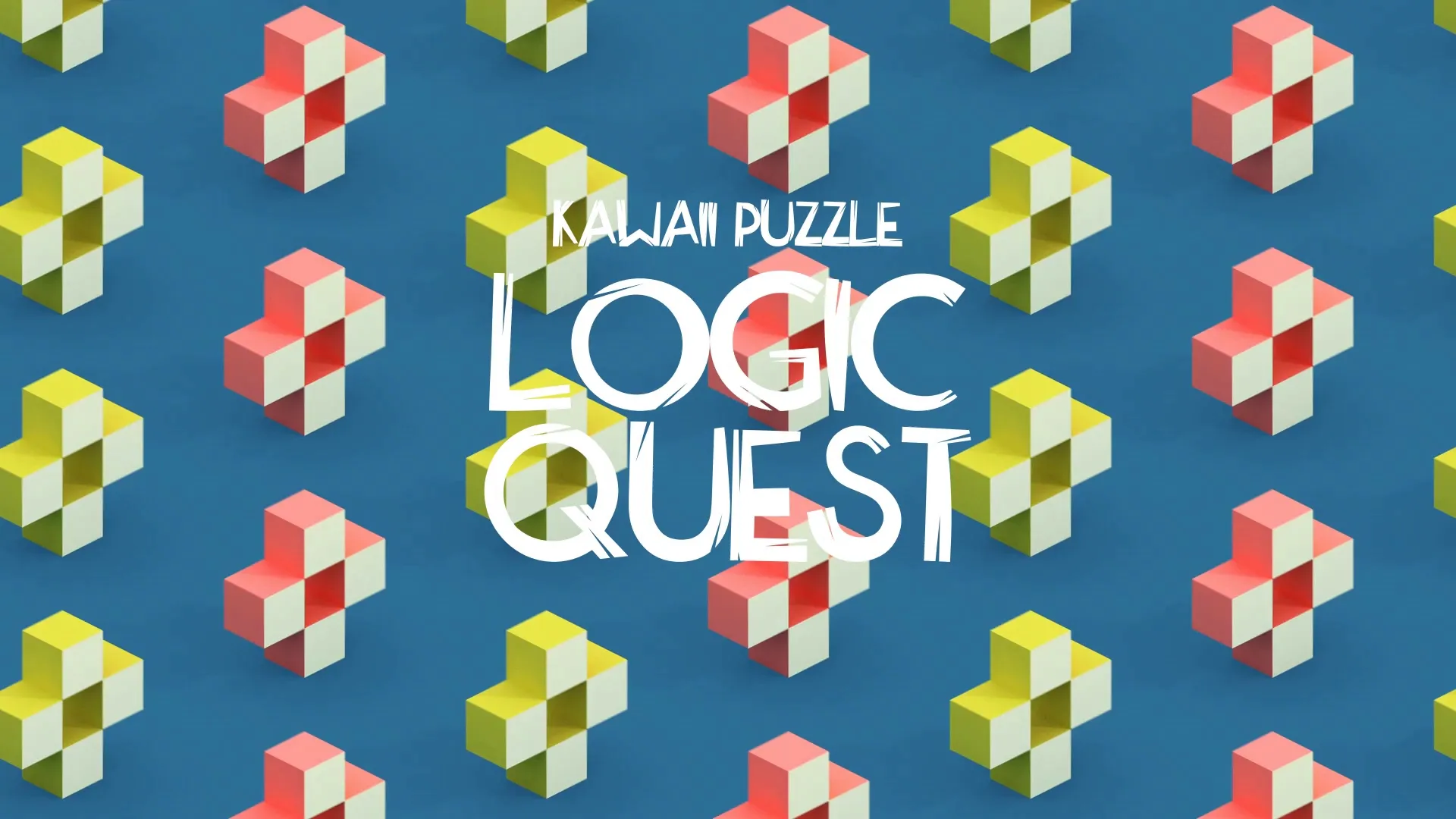

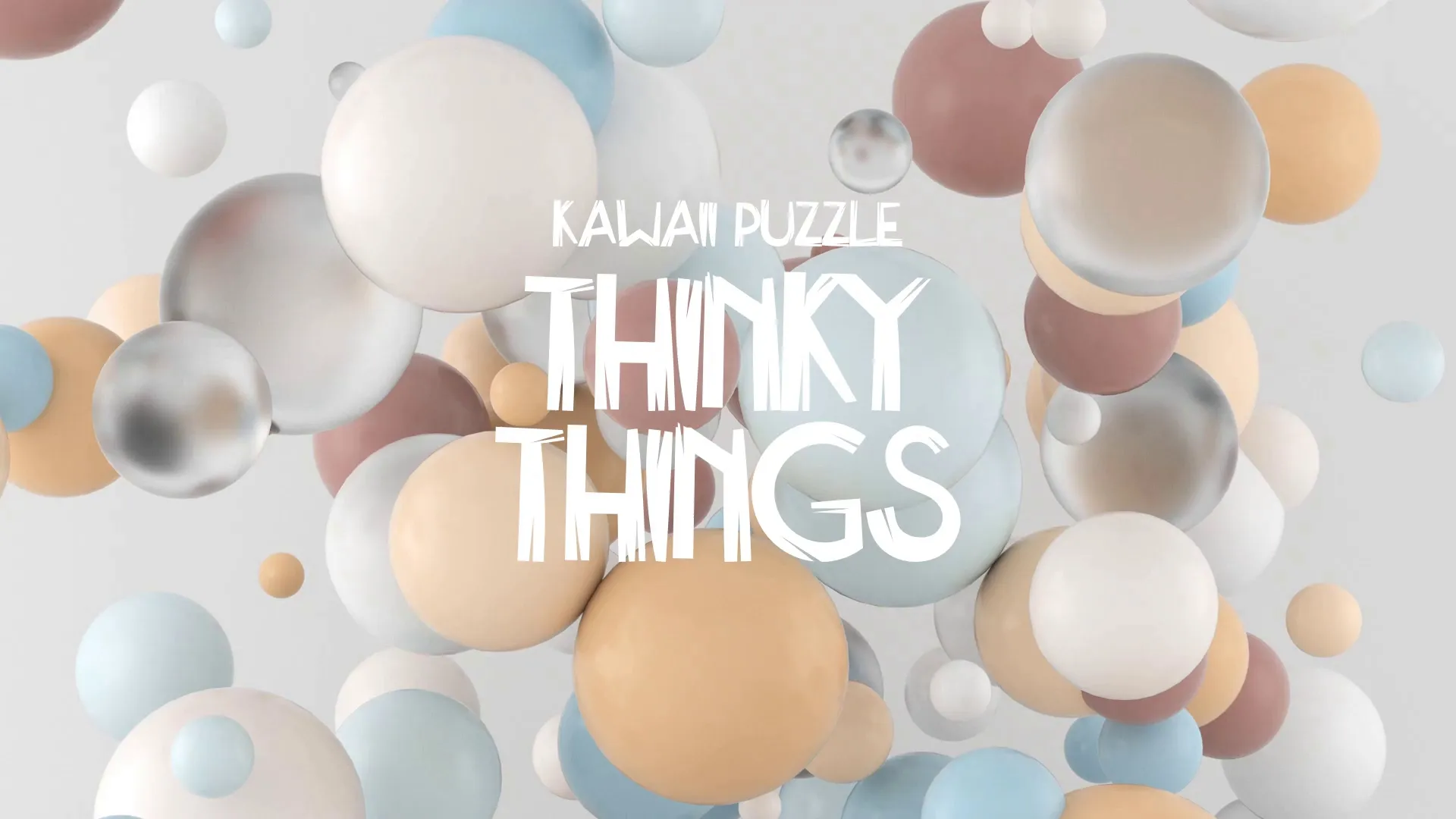




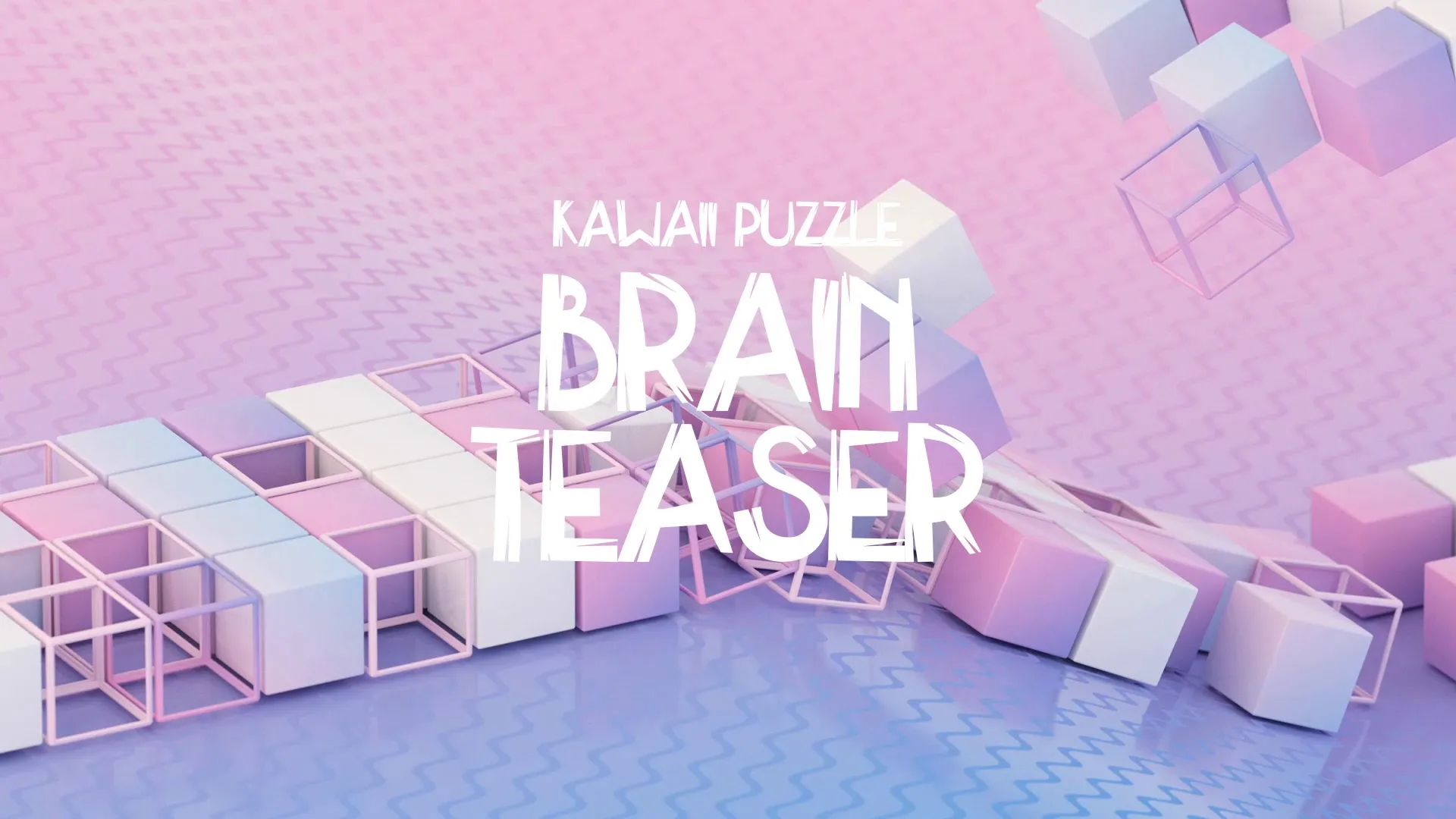
.webp)
